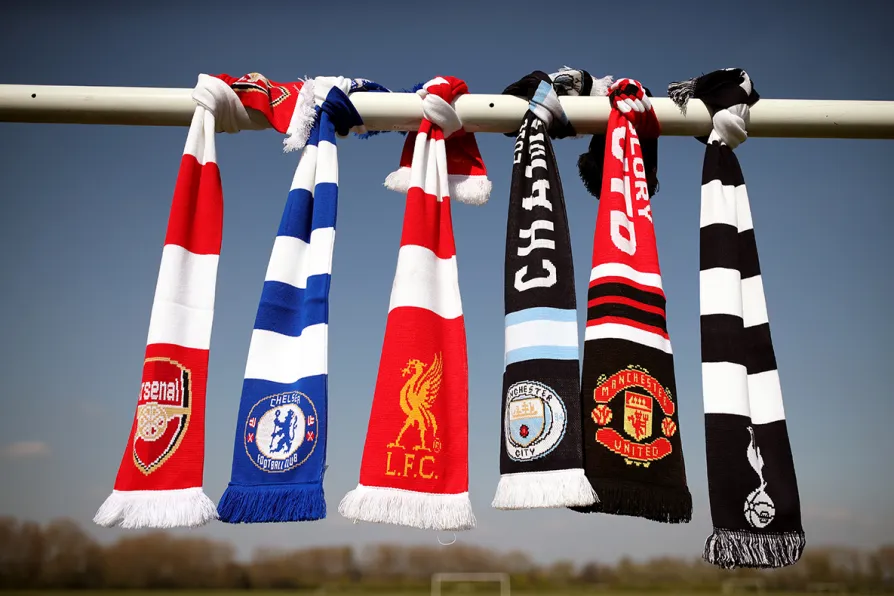What next for football fans?


THE strength of supporter action prevented a power grab by football’s elite as a new Super League disbanded just days after it was officially announced.
Once the backlash began, several of the clubs involved scurried to become the first to withdraw in an attempt to save face, as fans united against football’s latest gluttonous venture.
The fallout from these frantic few days appears to have brought about a wider realisation that fans need to have more of a say in how football is run.
Similar stories

With climate change, commercial overload and endless fixtures, footballers are being pushed to breaking point. It’s time their unions became a more powerful, unified force, writes JAMES NALTON

JAMES NALTON discusses how people are trying to reclaim the game at the top level, which has drifted into the hands of the ownership class of billionaire capitalists












